Is snorkeling a good idea for seniors? The answer is often yes, as long as it's approached thoughtfully. Your ability to snorkel safely isn't about the year you were born; it’s about your current health, your fitness level, and most importantly, your preparation.
This guide is designed to break down what you need to consider—from having a conversation with your doctor to choosing the right gear and location—so you can make a confident and informed decision for yourself.

The Physical and Mental Rewards of Snorkeling for Seniors
Snorkeling offers real benefits for older adults. It's an activity that is good for both the body and the mind, providing gentle exercise and a sense of calm.
Joint-Friendly Exercise for Heart Health and Strength
Snorkeling is an excellent form of low-impact cardiovascular exercise. The water supports your weight, which takes all the pressure off your hips, knees, and back, making it a perfect activity if you have arthritis or joint sensitivity. While you float and kick gently, your heart rate gets a healthy boost, which improves circulation without any of the jarring impact from walking or jogging. The water also provides light resistance, helping to tone the muscles in your body and improving circulation, which contributes to better stability and mobility in your daily life.
A Calming Experience That Keeps Mind Active
The mental benefits are just as important. Many people find that floating in quiet water is incredibly relaxing and a great way to lower stress. Focusing on your steady breathing and the underwater sights can calm your mind. At the same time, discovering a new world of colorful fish and sea life keeps your brain active and engaged. It offers a wonderful opportunity to observe nature up close, which can be both fascinating and very enjoyable.

Key Risk Factors and Considerations for Seniors
While snorkeling has its benefits, taking a responsible and honest look at the potential risks is essential. For seniors, these safety considerations are the most important part of planning and must be addressed before you get in the water.
Pre-existing Medical Conditions
This is the single most critical factor. Before anything else, discuss your snorkeling plans with your doctor. Certain health issues can be made worse by the physical effort and conditions of snorkeling.
Cardiovascular Issues
It is crucial to be aware of the physical demands of any water activity, especially for individuals with a history of heart disease, uncontrolled high blood pressure, or recent cardiac events. The exertion can strain the heart, and conditions like Immersion Pulmonary Edema (a dangerous fluid buildup in the lungs) are a greater risk for those with hypertension. Understanding the differences in physical requirements between activities is key to making a safe choice.
Respiratory Conditions
COPD, asthma, or other breathing difficulties present serious challenges. Breathing through a snorkel adds some resistance, which is difficult for compromised lungs. There is also a risk that cold water or anxiety could trigger an asthma attack, leading to a dangerous panic situation.
Musculoskeletal Limitations
Severe arthritis, joint replacements, or general mobility problems can make getting in and out of the water unsafe. This is especially true when using a boat ladder or navigating a rocky shoreline. Painful muscle cramps, which can be more common with age, are also a serious hazard in the water.
Neurological Conditions
Any condition that affects your balance (like vertigo) or carries a risk of fainting or seizures makes snorkeling extremely hazardous. Becoming disoriented in the water is a significant safety threat that can escalate quickly.
Physical Fitness and Stamina
Your general fitness level is just as important as specific medical conditions.
- Effort Required: Snorkeling can be more tiring than it looks. Swimming against even a mild current demands endurance.
- Exit Strength: You must have the strength to pull yourself out of the water, whether it's onto a boat or up steps. Underestimating the physical demands can lead to exhaustion when you are far from safety.
Environmental Dangers
The ocean is a powerful environment that requires respect.
- Currents and Tides: A gentle current can strengthen without warning, quickly pulling you away from the shore or boat.
- Water Temperature: Seniors are often more sensitive to the cold, and the body's ability to regulate its temperature can decrease with age. Even in warm tropical water, staying in for too long can lower your body temperature to unsafe levels (hypothermia).
- Sun Exposure: The sun's reflection off the water increases the risk of severe sunburn, dehydration, and heatstroke. These conditions can develop faster than you think and are more serious for older adults.
Unsuitable or Poorly-Fitting Equipment
Your gear can become a serious safety risk if it doesn't fit properly. A mask that constantly leaks water is not just an annoyance; it can cause you to inhale water, which leads to coughing and can quickly escalate to disorientation and panic. Similarly, fins that are too tight can cause painful cramps.
Anxiety and the Risk of Panic
The mental aspect of snorkeling should never be underestimated. For some, the new sensation of breathing through a tube can be unsettling and may cause anxiety. Since a sudden feeling of panic can override rational thinking and lead to unsafe actions, mastering proper breathing techniques is one of the most important steps to ensure you feel comfortable and stay safe in the water

The Essential Safety Checklist: A Step-by-Step Guide
By systematically addressing each of the following points, you can significantly mitigate the risks and prepare for a safe and enjoyable snorkeling experience.
Step 1: Consult Your Doctor and Prepare Before You Go
Before you even book a trip, have a conversation with your doctor. Getting their medical clearance is the most important first step, especially if you have any heart, respiratory, or mobility issues. If the doctor gives you the okay, spend some time improving your stamina with regular walking or swimming. If you plan to use a tour boat, research the company to ensure they are reputable, have certified guides, and maintain small group sizes for better safety.
Step 2: Choose a Safe Location on a Calm Day
It's very important to choose the right place and time to snorkel. Always choose a place with quiet, sheltered water, like a protected bay, and stay in shallow water where you can quickly stand up. If you're new to something, a guided tour is a great way to go because they have professional supervision. Always check the weather forecast for the day you plan to snorkel, and never go in the water when the winds are strong or the surf is rough.
Step 3: Get the Right Gear and Ensure It Fits Properly
For both comfort and safety, you need the right gear. To avoid leaks, go to a competent dive shop and buy a snorkel mask that fits your face correctly. If you use spectacles, acquire a prescription mask. It is highly recommended that you use flotation gear, such as a snorkel vest or even a pool noodle, to assist you in floating easily and saving energy. Also, wear a rash guard to protect yourself from the sun and cold, and make sure your fins are flexible so they don't make your legs cramp.
Step 4: Snorkel Smart and Always Know Your Limits
There are two principles you must follow when you're in the water: always listen to your body and never snorkel alone (the buddy system). Always stay close to your partner or group. Before you go outside, practice breathing in shallow water until you feel at ease. Take your time, float more than you kick, and get out of the water before you start to feel fatigued, nervous, or chilly. A brief, safe snorkel is always better than a long, dangerous one.

Arrange a Safe and Memorable Aquatic Adventure!
Snorkeling is a completely safe hobby for a lot of seniors as long as they know what the benefits are and are aware of the risks. The most important thing is to stop thinking about what you can't do and start thinking about how to accomplish it securely. You can safely and confidently experience the stunning beauty of the underwater world if you have medical clearance from your doctor, carefully organize your trip, use the right equipment (particularly flotation devices), and stay very aware of yourself. Your health should always come first.
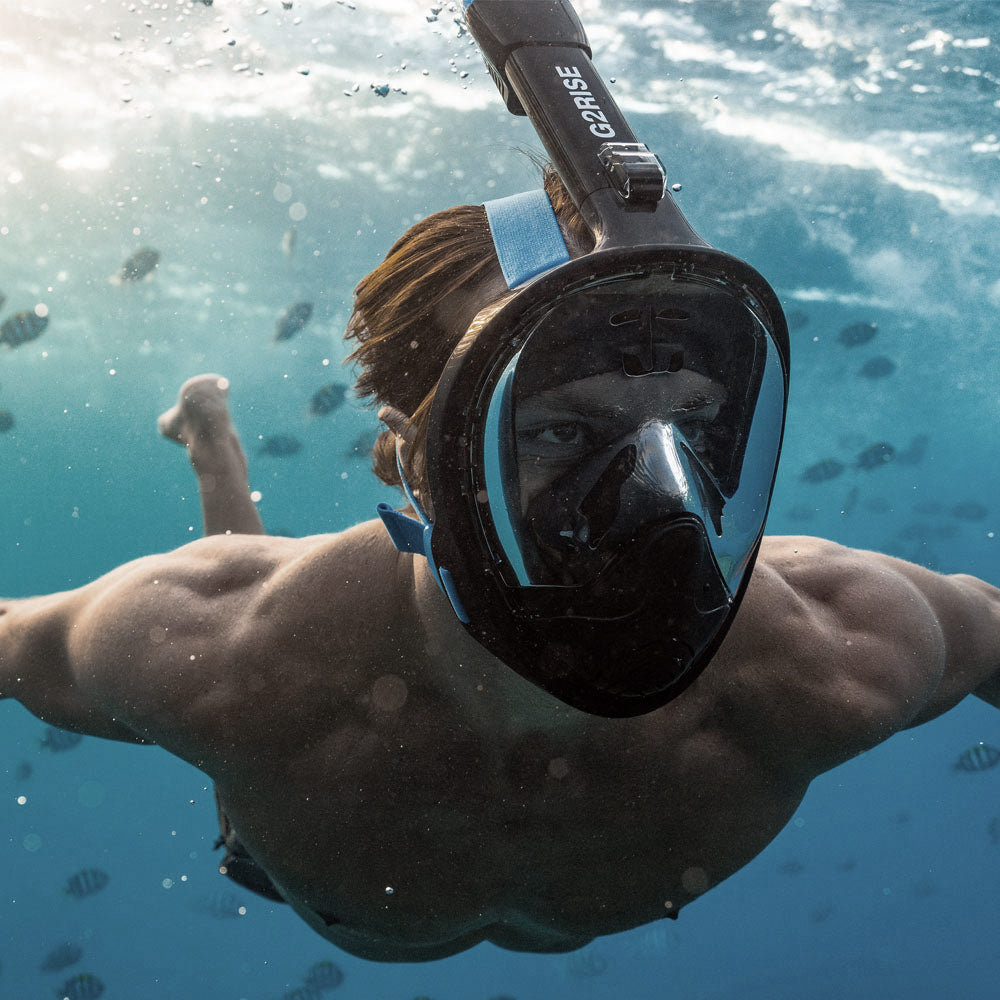
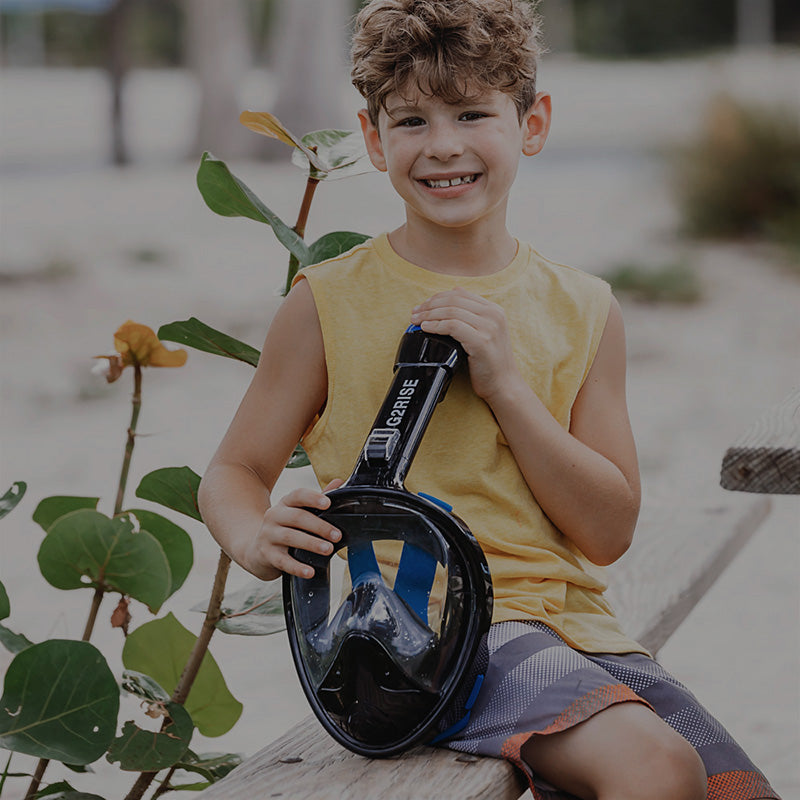
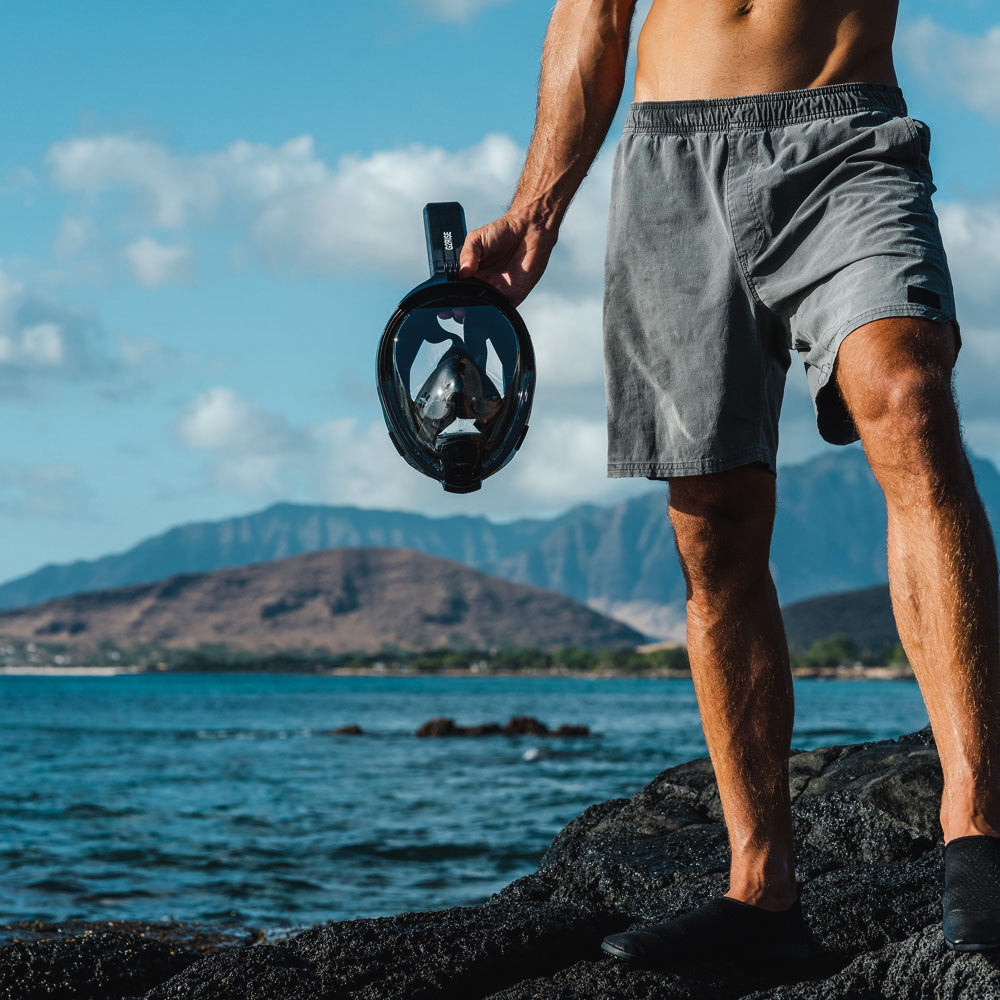
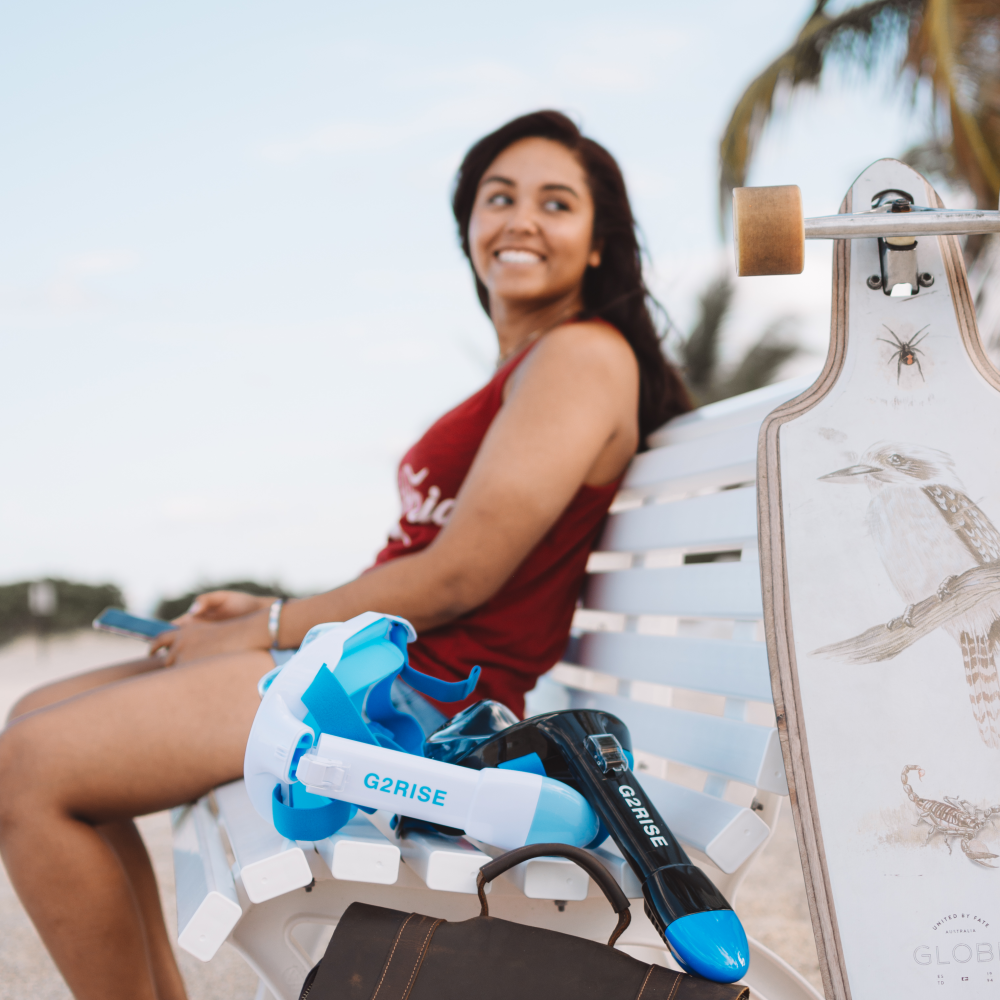
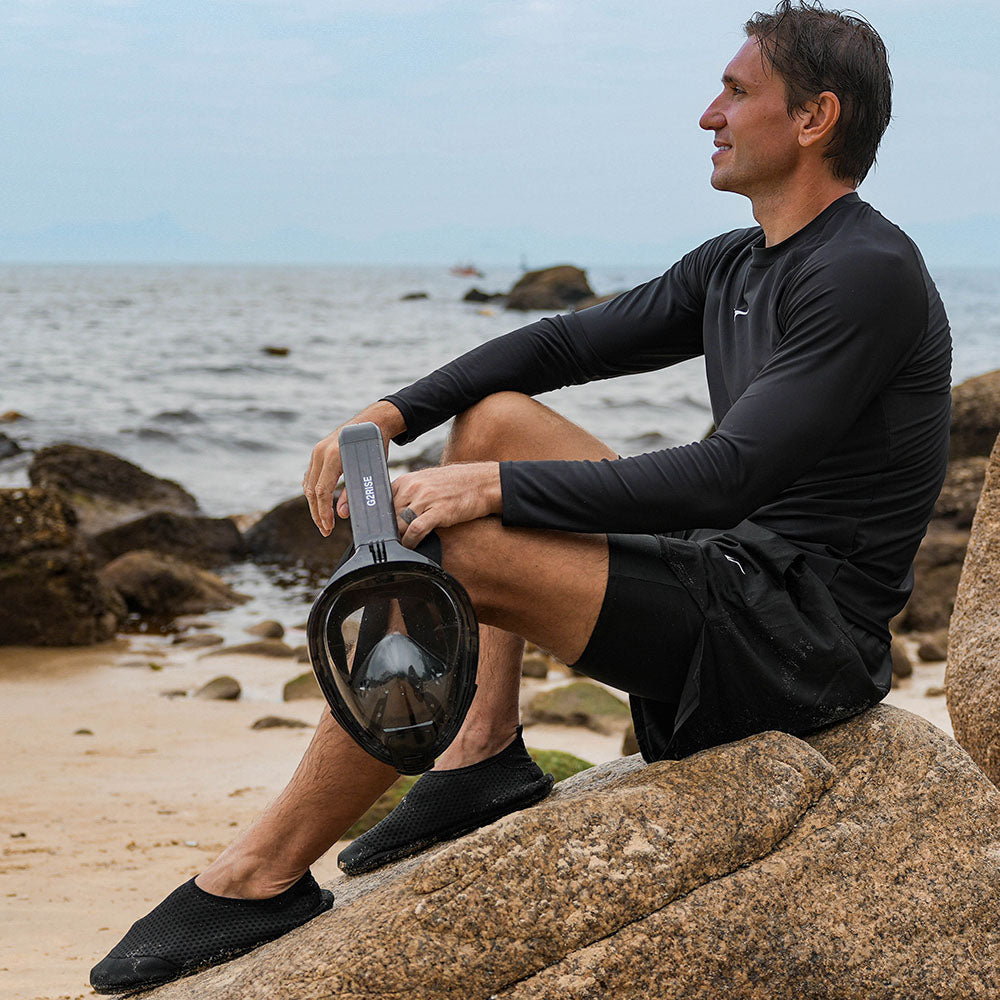

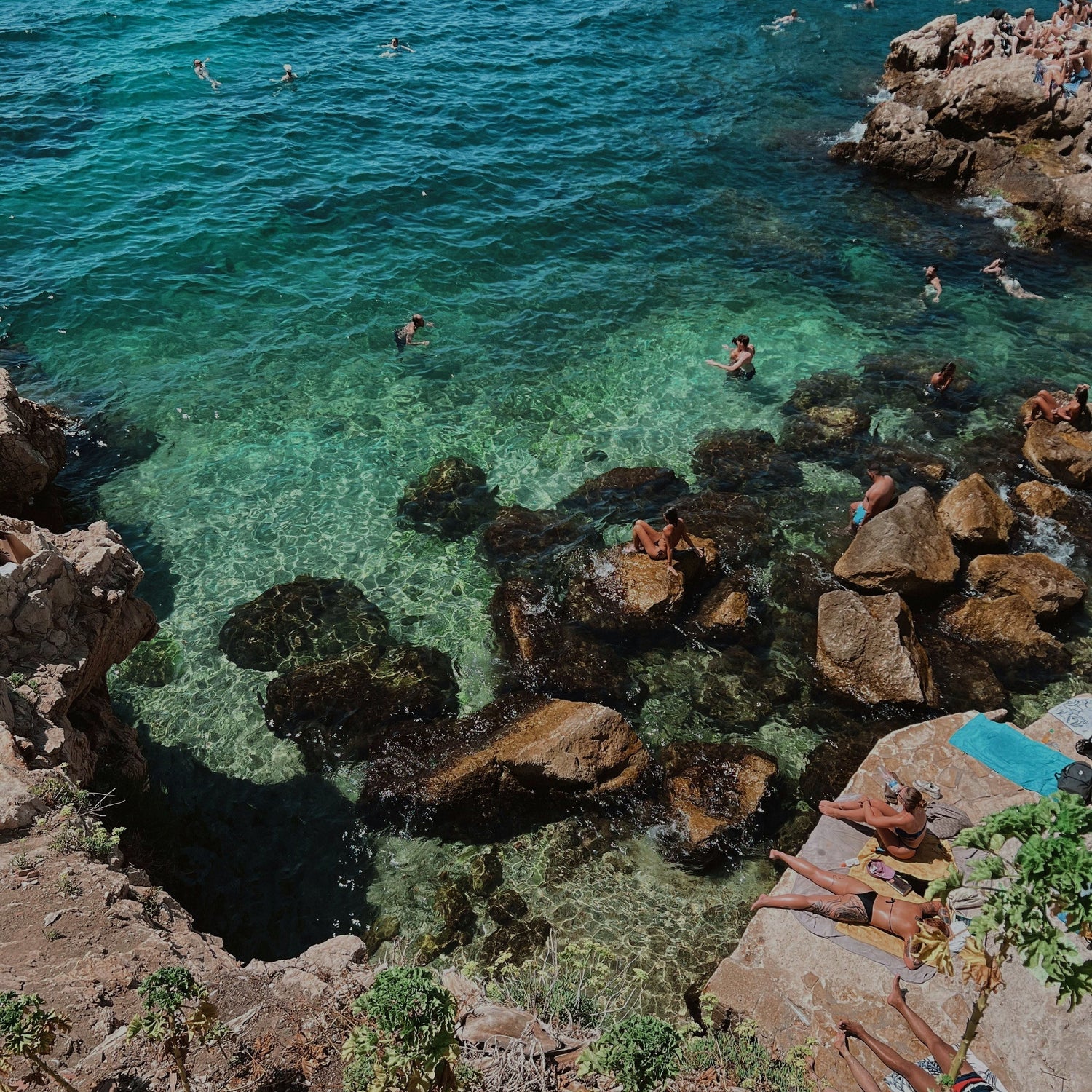
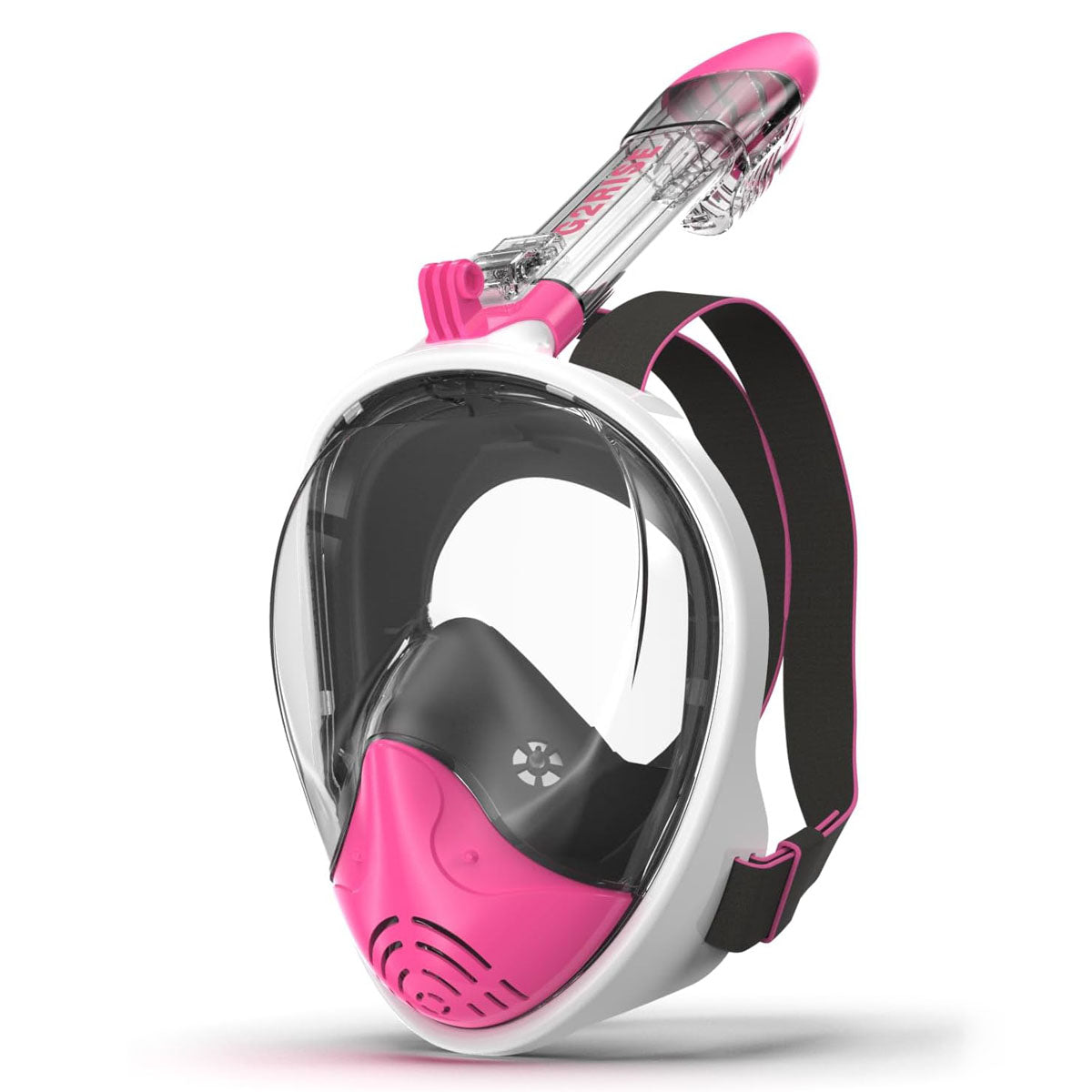

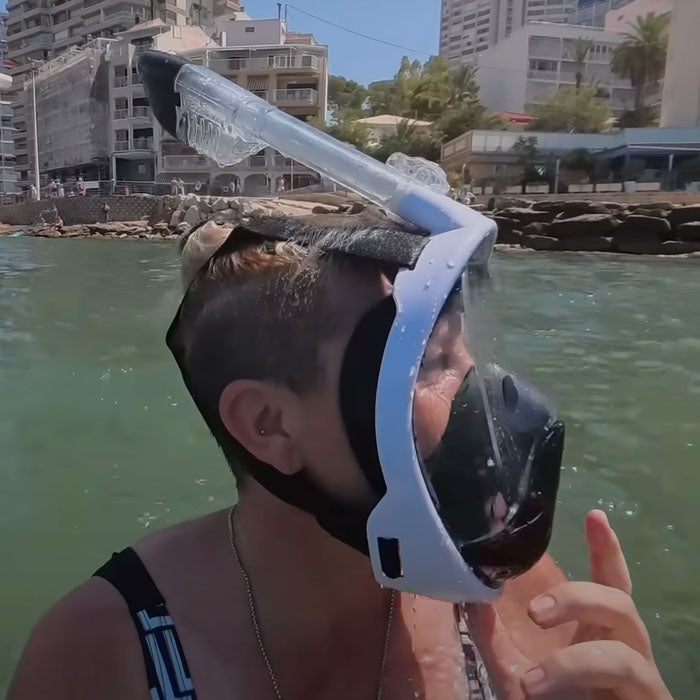
Leave a comment
This site is protected by hCaptcha and the hCaptcha Privacy Policy and Terms of Service apply.